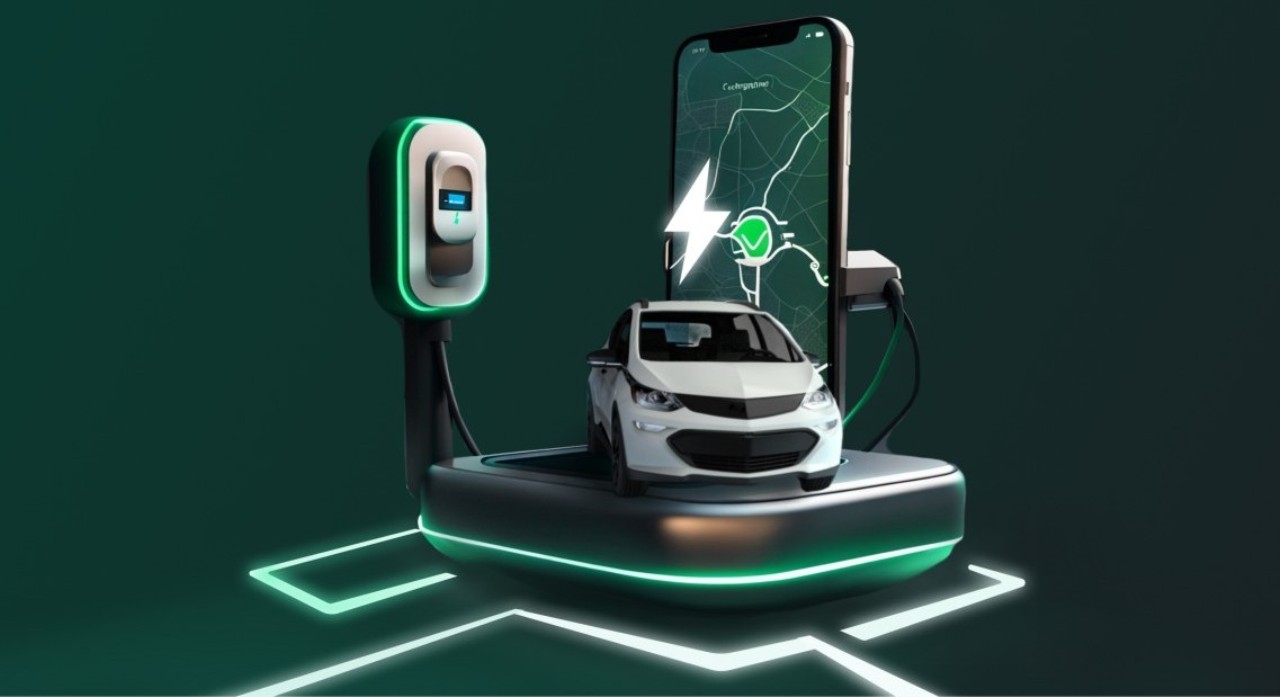Certainly! Reducing the carbon footprint associated with electric vehicle (EV) charging is crucial for environmental sustainability. Let’s explore some strategies:

Charging Time Optimization:
When you charge your EV matters. If you charge during the day when solar and wind power are available, your carbon footprint will be smaller than if you charge at night when the electrical grid relies more on fossil fuels.
Consider using smart charging systems that allow you to schedule charging during off-peak hours or when renewable energy sources are abundant.
Battery Production Emissions:
The production of lithium-ion batteries for EVs is a highly carbon-intensive process. Battery materials like nickel, cobalt, and lithium emit substantial greenhouse gases during mining and refining.
The energy-intensive synthesis of battery components requires high temperatures, often achieved by burning fossil fuels, contributing to CO₂ emissions.
Manufacturers are actively working to reduce emissions from battery production.
Energy Sources for Battery Production:
The carbon footprint of EV batteries depends on the energy sources used during production.
China, where coal is the primary energy source, manufactures about 77% of the world’s lithium-ion batteries. Coal emits significantly more greenhouse gases than natural gas used in high-heat manufacturing.
Efforts to transition to cleaner energy sources during battery production are essential.
Lifecycle Assessment:
While battery production emits CO₂, an EV’s overall impact is still lower than that of a gasoline car due to zero tailpipe emissions during operation56.
The carbon emissions from battery production can be offset once the EV is in use.
Infrastructure Improvements:
Invest in renewable energy infrastructure to power EV charging stations.
Explore grid-scale batteries and home-based energy storage solutions.
Remember, every small step toward cleaner energy and sustainable practices contributes to a greener future!